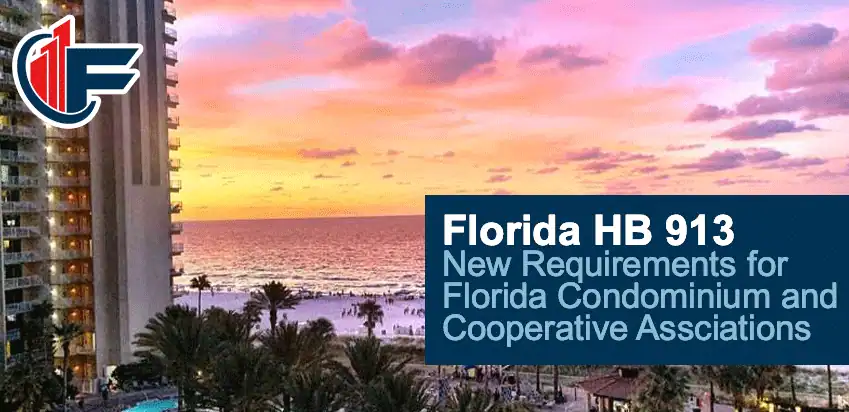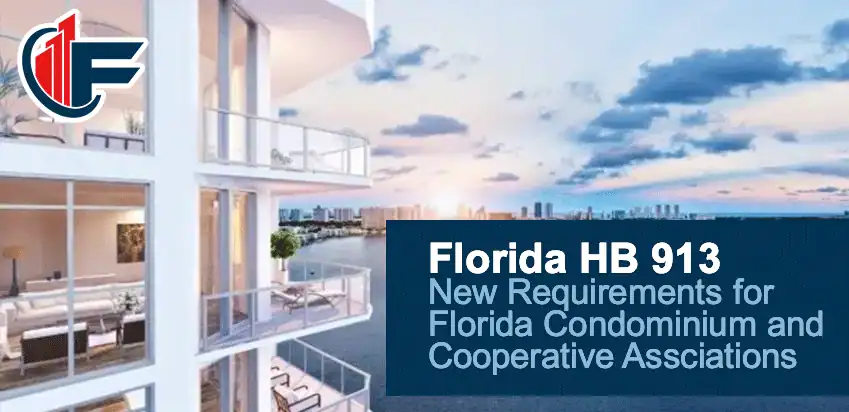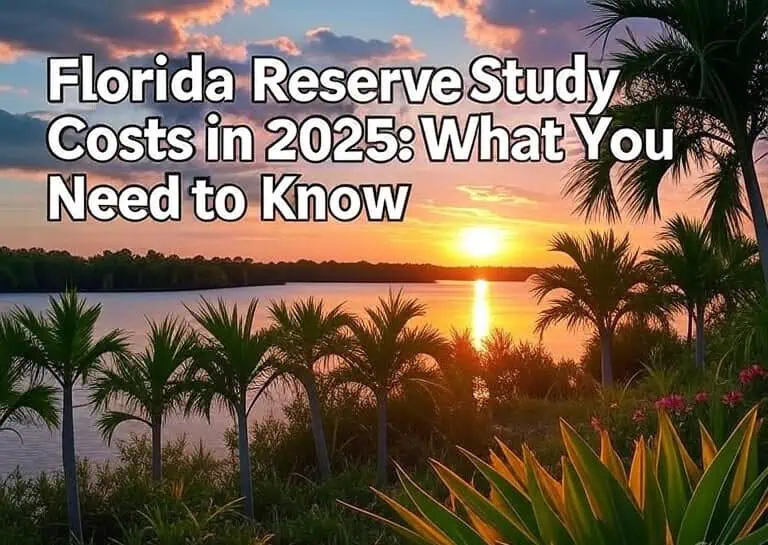Summary of HB 913
HB 913, effective July 1, 2025, introduces several key provisions:
-
Restrictions for Revoked Licenses: Individuals whose community association manager licenses have been revoked are prohibited from having any direct or indirect ownership interest in, or holding positions such as employee, partner, officer, director, or trustee in a community association management firm for 10 years after the effective date of the revocation. They are also ineligible to reapply for certification or registration under this part for the same period, as detailed in Bill tracking in Florida – HB 913 (2025).
-
Online Licensure Accounts: All licensees must create and maintain an online licensure account with the Department of Business and Professional Regulation (DBPR). Community association managers are required to identify specific information on their accounts and update it within a designated timeframe, likely annually or upon status changes.
-
Management Firm Requirements: Community association management firms must identify on their online licensure accounts the community association managers they employ to provide services, enhancing transparency and oversight.
Impact on Community Association Managers
For community association managers, HB 913 imposes strict limitations if their licenses are revoked. The 10-year prohibition on ownership or employment in management firms could significantly affect their career paths and business interests. Managers need to maintain their licenses in good standing to avoid these restrictions.
Online Licensure Account Requirements
-
Create an account with the DBPR.
-
Identify specific information, such as employment status, contact details, and possibly continuing education credits.
-
Update this information within a specified timeframe, likely annually or upon status changes.
Implications for Management Firms
Community association management firms are also affected by HB 913. They must:
-
Ensure that no individual with a revoked license holds any ownership interest or key positions within the firm for 10 years post-revocation.
-
Identify on their online licensure account all community association managers they employ.
Effective Date and Compliance Timeline
HB 913 takes effect on July 1, 2025. While the bill provides a specific effective date, it’s important for affected parties to begin preparing in advance. This includes setting up online licensure accounts, updating information, and ensuring that all staff and ownership comply with the new regulations. Given the current date, May 29, 2025, there’s still time to prepare, but action is needed soon.
How to Comply with HB 913
To comply with the new regulations set forth by HB 913, community association managers and management firms should take the following steps:
|
Step
|
Action
|
Details
|
|---|---|---|
|
1
|
For Managers with Revoked Licenses
|
Ensure no interest or position in management firms for 10 years post-revocation; wait to reapply for certification.
|
|
2
|
Create and Maintain Online Licensure Accounts
|
Set up an account with DBPR, provide accurate information, and update as required.
|
|
3
|
For Management Firms
|
Verify all employed managers are identified on the firm’s online account; update regularly.
|
|
4
|
Stay Informed
|
Keep up with DBPR guidelines, attend training, and ensure ongoing compliance.
|
FPAT’s Commitment to Compliance
Conclusion
-
House Bill 913 (2025) The Florida Senate







